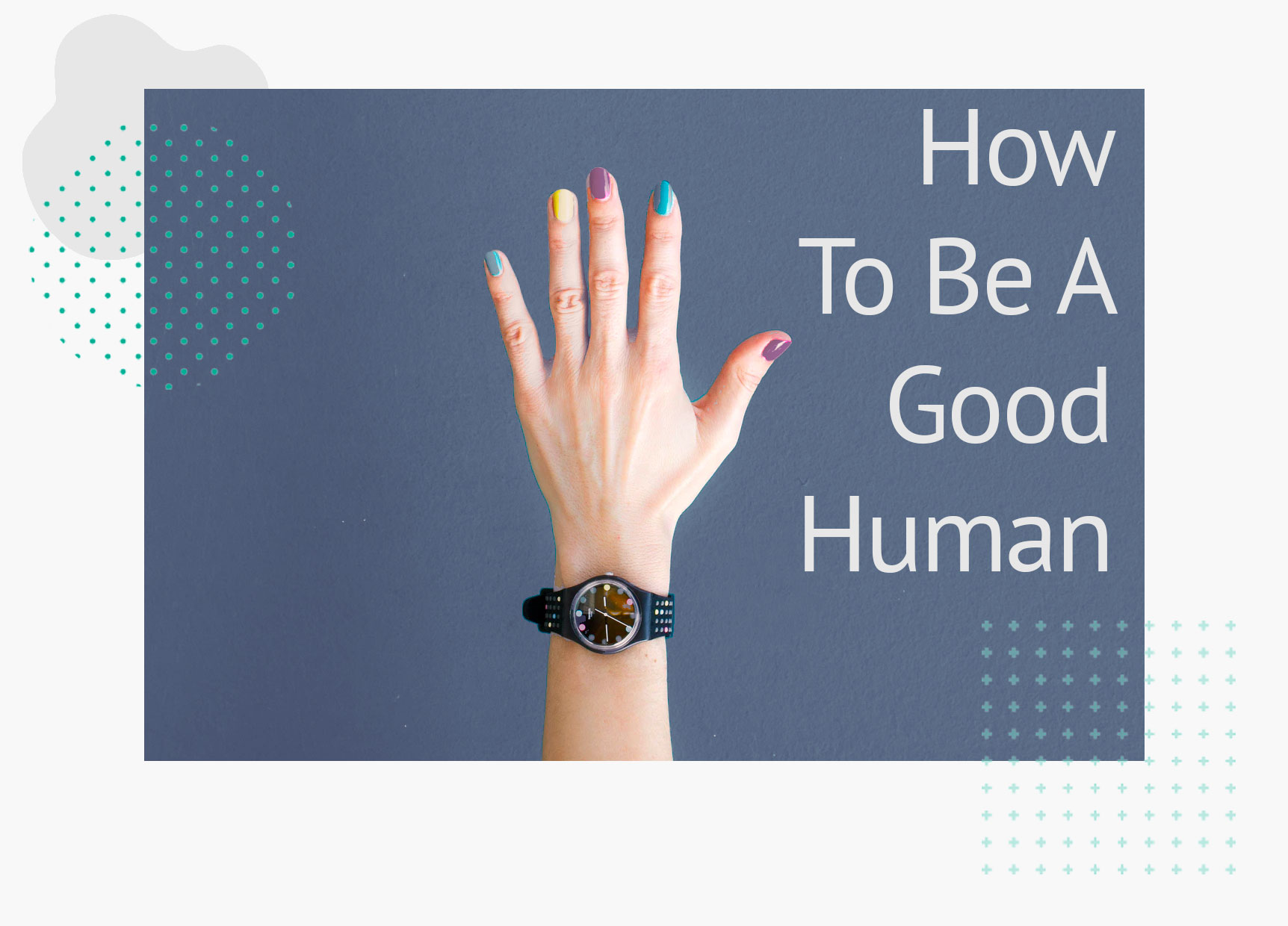

Our programmes are designed to start conversations. The intention is to use engaging materials that spark discussion and teach young people how to really listen to the views of others, as well as learn about themselves. At the same time the modules support their journey to becoming critical thinkers who make real change in the world. The topics covered fit broadly within the UN sustainability goals and make good use of ATL skills promoted by the International Baccalaureate. For this reason, they should be a great addition to the work your students are already doing. We aim to create resources that resonate with students on a local level, but also as global citizens who can become connected with each other through this programme.
In my experience the quality and impact of pastoral lessons is incredibly mixed. Important topics are often squashed in between administrative tasks and information giving. How to be a good human is a programme of modules designed to cover all the important things we want to discuss with students but typically do not have the time to invest in planning as thoroughly as we would like. Every lesson is carefully planned so that no preparation is needed from the teacher delivering it. The role of the teacher in these lessons is to facilitate and moderate valuable discussion between students.
There are decades worth of research findings that have the potential to improve the well-being of individuals and societies. However, there are a number of issues with how this research currently gets used, or, just as importantly, doesn’t get used. Often, headline hitting research will get over-generalised and turned in to pop psychology. This means that it becomes a fad or gets used in ways it was never intended for, meaning it doesn’t work. Scientific literacy is often weak and so findings become misinterpreted. These modules offer students a user-friendly way through the research at the heart of the topics.